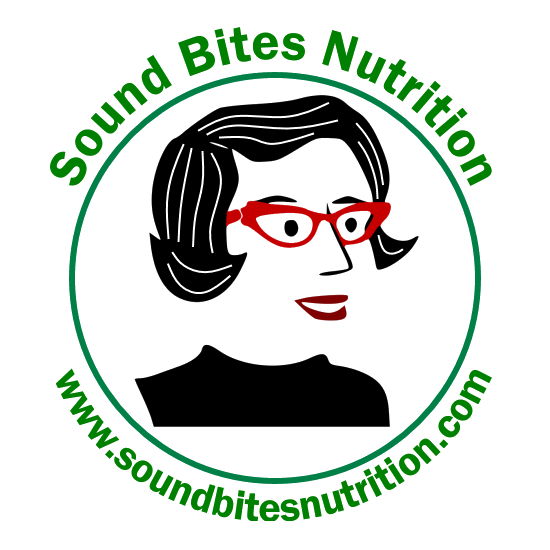Raising girls in a diet-crazed society
Now that my daughters (12 and 14) are old enough to realize that I counsel people about their food choices, I worry at times about what message they're receiving about their own. What they hear from others is likely not the same as what I teach. Do they think carbs or dairy are "bad"? Are they avoiding potatoes and rice? They are fragile butterflies just emerging from the cocoon into a society that shames them for eating and God forbid, enjoying food. I'm trying to change that message.In our house, no food is off-limits. While we may have bribed our girls with jelly beans during the potty training years, for the most part, we try not to reward the girls with food OR demonize food. Sure we encourage fruits and vegetables, but we also have our share of foods that other people might see as processed or less than healthy. Let's face it- ALL food is processed in some way whether it's milk, fruit or frozen vegetables. Our processed foods include things like boxed cereal, whole wheat crackers and yogurt. It's not like we're living on Little Debbie Cakes here, but we may have Oreos on occasion.My husband recently became a fitness fanatic, but has never stressed that our girls need to work out. Obviously, we love when they participate in team sports, but they get a daily workout when walking the halls at school and to & from their bus stops. They go on walks with me when time allows, but we are not members of a fancy gym. Having rheumatoid arthritis and pre-diabetes, my girls recognize that I need to move to stay healthy. I wan them to see physical activity as a way to be healthy, not necessarily "skinny".We try to handle snacks like any other food. Are you hungry? Please eat something! If you're eating because you're bored, go find something to do. My girls know that we're lucky to have a full pantry and options of things to eat at any time. But they recognize that food insecurity and food waste are real. They are developing a healthy respect for food. Take the food that you want to eat, but don't overload your plate. They know I cringe when they throw away uneaten food!Finally, we don't use the D word (diet) or F word (fat) in our house. Being peri-menopausal is no picnic. I feel a little thicker than usual, but they don't need to hear that. No one wants to hear "I'm on a diet". I stress how lucky we are to be healthy, how nutritious food helps them grow and be strong But if we bake cookies or bread, we eat it. FOOD IS FOR EATING is often said in our house when someone has eaten the last apple or cup of yogurt or sometimes the cookie.Bottom line- use neutral language about food. Use kind words about your bodies. Teach your kids that food is for health, but also enjoyment. Little ears are listening.

